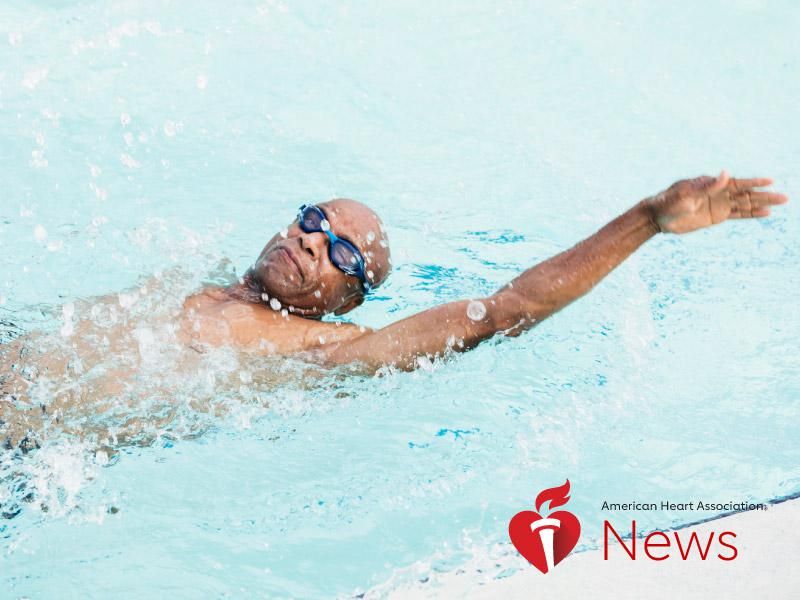
If you intend to run, bike or put in a Zumba video after work, plan on doing it sooner rather than later. A workout that ends a couple of hours before bedtime should help you fall asleep, while one that’s closer to bedtime could have you counting a lot of sheep. “Overall, our analysis showed… read on > read on >






























